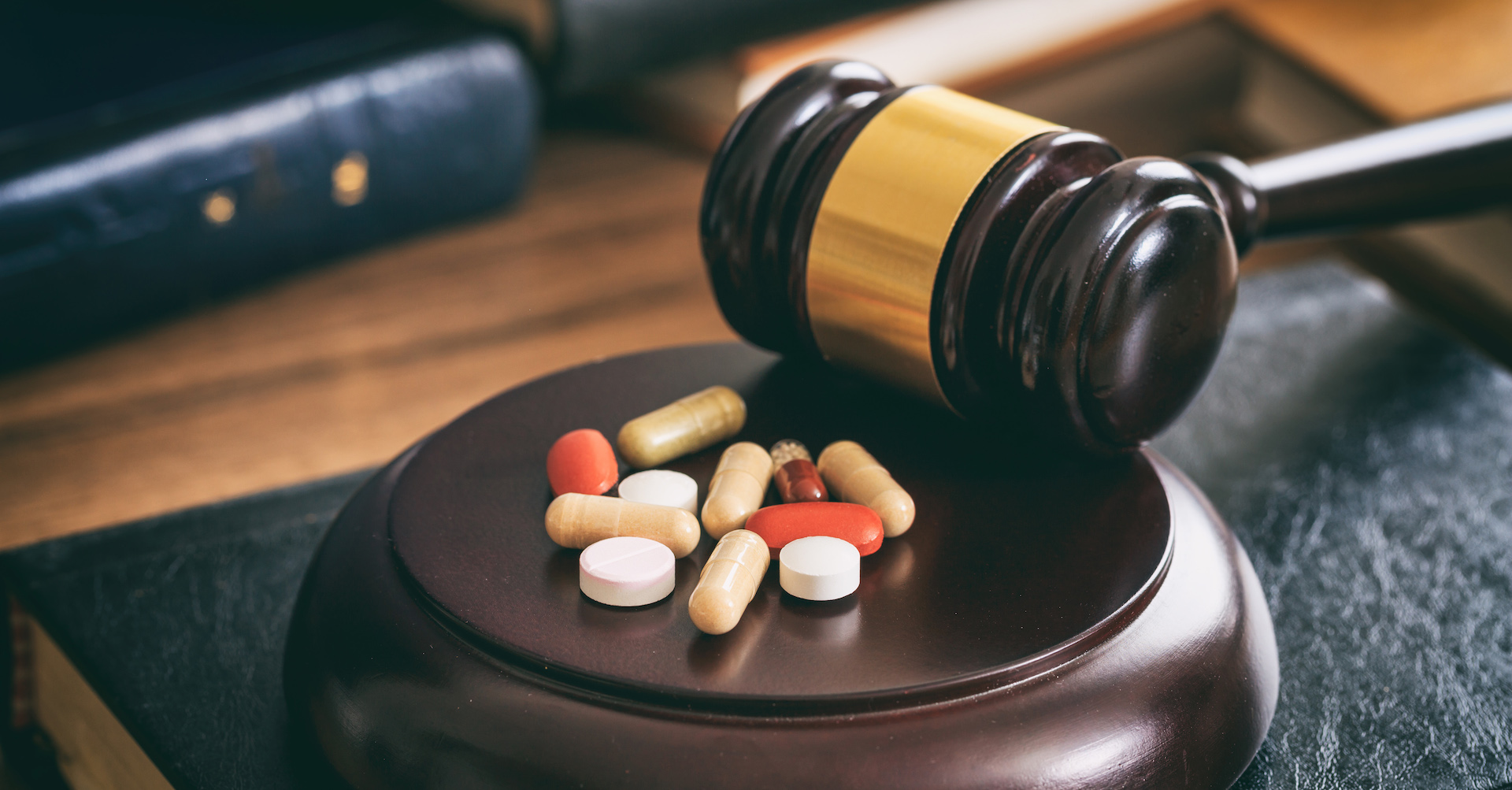Maryland ranks among the top ten states in reported overdose cases. Illegal substance abuse, especially opioid use, has more than tripled over the last few years. A survey conducted by the Washington Post found that three in every ten residents of Maryland had a close friend or relative addicted to opioids.
Drug possession can lead to serious criminal charges in the state of Maryland. Criminal charges can negatively change one’s life in the blink of an eye and can rob you of your freedom. If you or a loved one is facing a drug possession charge, it’s essential to seek help from an experienced attorney.
In this article, we will cover some of the basics of drug possession law in Maryland and help you better understand your rights and options under the law.
What Does Drug Possession Mean?
Under Maryland law, possession indicates having control over something. Therefore, individuals can be guilty even if the substance or drug wasn’t in their hands or pockets. You are in “possession” of a drug if it is in your vehicle or home.
Maryland Criminal Code On Drug Possession
Maryland Criminal Code § 5-601 prohibits an individual from possessing a controlled dangerous substance, including prescription medication, without a valid prescription. Illicit controlled substances include; heroin, cocaine, and methamphetamines. In addition, attempting to obtain a controlled substance using a counterfeit prescription or any fraudulent activity is also considered a criminal act under this code.
The penalties for drug possession under the Maryland Criminal Code can vary depending on the substance the individual was carrying and its quantity. Many drug possession cases lead to felony charges. Maryland Criminal Code §5-602 makes it illegal to possess with the intent to distribute a controlled or dangerous substance. An individual can be charged with a crime under this code if:
- Possessing a large quantity of the substance indicates an intent to distribute
- Dispensing or distributing a controlled substance
Drug Possession Penalties
Previously, drug distribution crimes had mandatory minimum penalties without the possibility of parole. In 2016, Maryland repealed its mandatory minimum sentencing guidelines for the first time, nonviolent drug offenders. As a result, an individual convicted of possession or possession with intent to distribute will no longer face a mandatory sentence of 10 years.
Possession of a controlled substance except for marijuana is punishable by up to one year in jail. There are also significant fines. It’s important to note that the actual charge and penalties upon conviction are determined based on the quantity of the substance and the defendant’s criminal record.
Intent To Distribute
Possession with intent to distribute carries varying sentences and fines. The general sentencing guidelines for possession with intent to distribute are as follows:
- Schedule I and II substances (heroin, crack cocaine, prescription opioids) can result in up to 20 years in prison and up to a $25,000 fine
- Hallucinogens (LCD, PCP) can result in up to 20 years in prison and a $20,000 fine
- Non Schedule I and II substances can lead to up to 5 years in jail and up to a $15,000 fine
Maryland Marijuana Possession
When it comes to marijuana possession, the laws in Maryland are different. Under Criminal Law § 5-601 (a), it is illegal to possess over 10 grams of marijuana unless you have a certified Maryland medical marijuana ID card.
Maryland has decriminalized the possession of fewer than 10 grams of marijuana. Therefore, possession of up to 10 grams of marijuana isn’t a criminal offense. It won’t result in jail time or a criminal record. It is important to note that it is still illegal to possess marijuana to result in civil penalties.
The penalties for possession under 10 grams of marijuana can vary for the first time and repeated offenders. A first-time offense can carry a fine of $100, a second-time violation can lead to a $250 fine, and a third offense of up to $500. Possession of over 10 grams of marijuana can result in a criminal record, jail time, and up to a $1,000 fine.
Diversion Programs
First-time offenders facing drug marijuana, prescription medication, or even small quantities of heroin or cocaine may be eligible to participate in a drug diversion program. These rehabilitation programs give offenders a second chance. It also provides them with an opportunity to keep their records clean.
Jeremy Widder Law Is On Your Side
Are you facing drug possession charges in Maryland?
While we all try our best, no one is perfect. You want to make sure you have the best representation during such a difficult and stressful time.
At Jeremy Widder Law, we have experience in a wide range of legal practice areas, and we specialize in substance related offenses.
If you or someone you love is facing a substance related offense, we’re on your side and we’re ready to help. Let’s talk.






